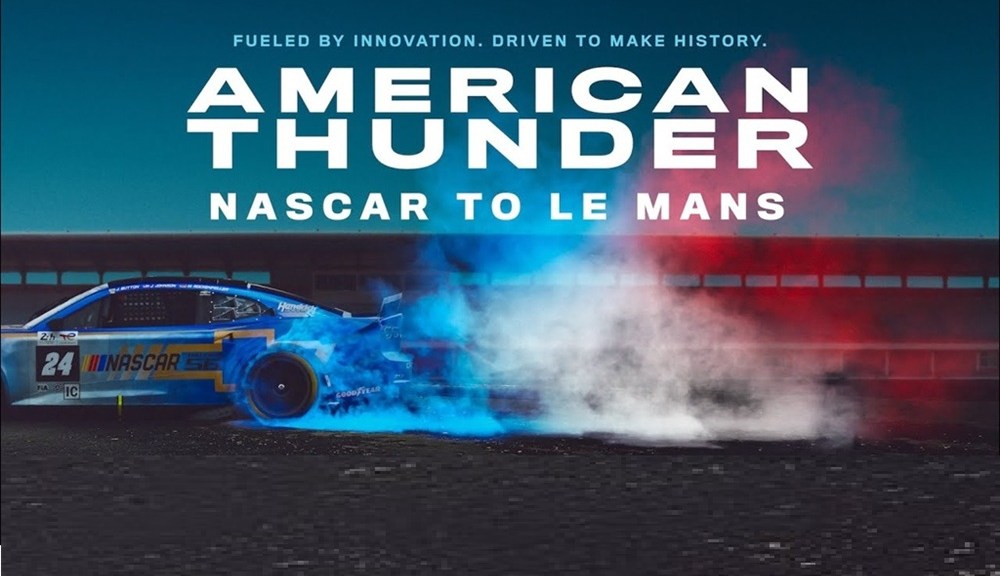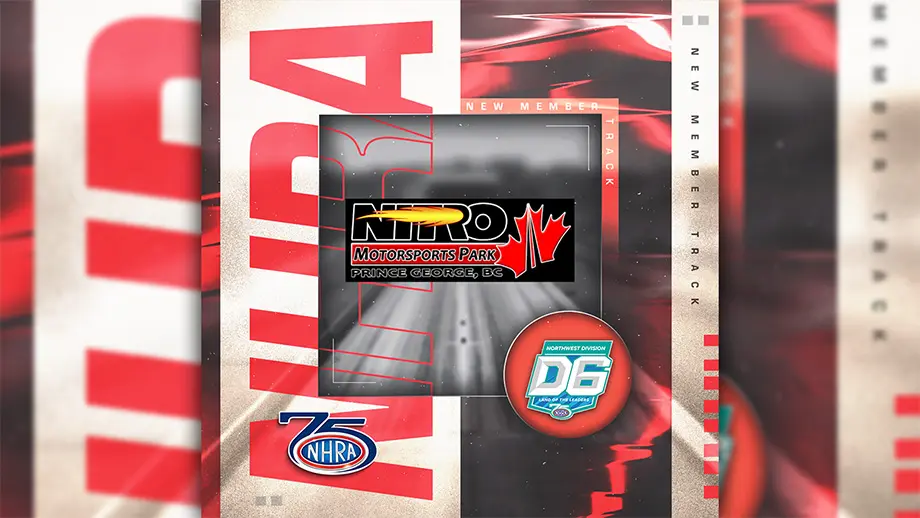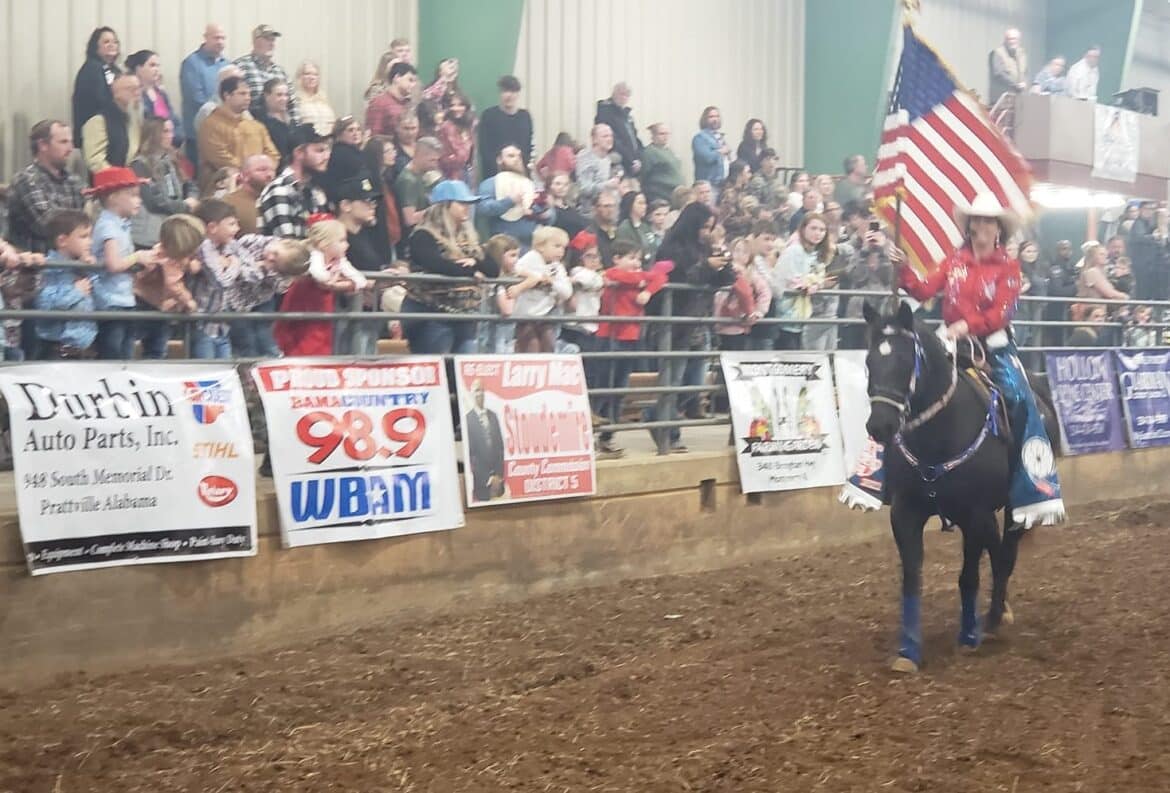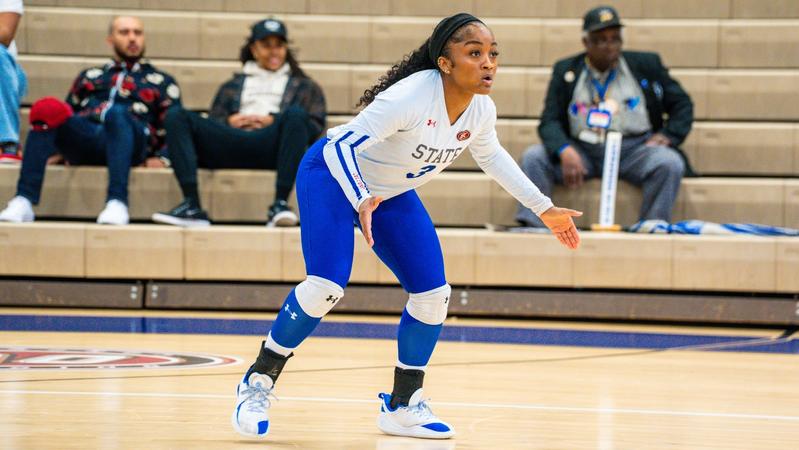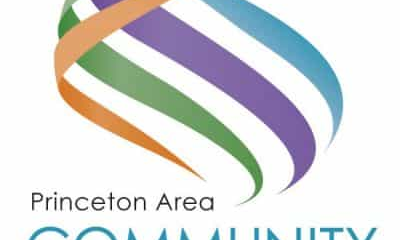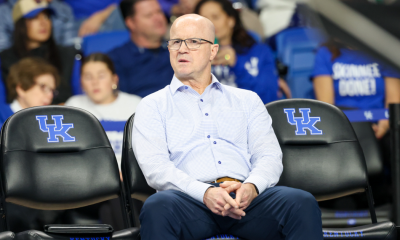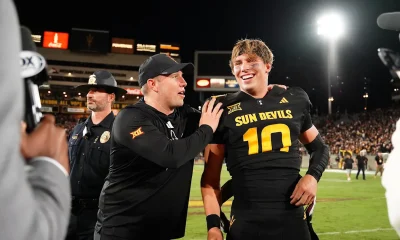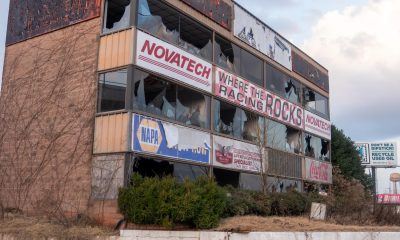Atrium Health has joined 15-time NASCAR Cup Series champions Hendrick Motorsports in an innovative partnership that includes naming rights to the new 35,000-square-foot Atrium Health Motorsports Athletic Center located on the team’s campus in Concord.
The agreement establishes Atrium Health as both a brand partner of Hendrick Motorsports and a long-term provider in athlete and employee wellness.
Atrium Health is home to the region’s largest sports medicine outreach program and is nationally ranked for orthopedic care by U.S. News & World Report. The organization supports more than 20 professional and collegiate teams and over 100 high schools across North Carolina and South Carolina.
Set to officially open later this month, the Atrium Health Motorsports Athletic Center at Hendrick Motorsports will provide integrated medical, wellness and sports performance resources for the team’s more than 50 pit crew athletes, while also supporting the health needs of Hendrick Motorsports’ Charlotte-area employees. Atrium Health clinicians will staff the facility.
The Atrium Health Motorsports Athletic Center includes a high-performance gym with the latest training equipment, modern locker rooms, a team operations center for race-day competition operations, a nutrition area, athletic meeting and film rooms, and dedicated spaces for physical therapy, hydrotherapy and recovery. The facility also features a dedicated space for sports science research and a closed-loop pit stop practice circuit that can accommodate two teams concurrently.
Beginning with the 2026 NASCAR season, Atrium Health will have a significant presence across all Hendrick Motorsports-fielded teams, including logo placement on driver fire suits, crew apparel, athletic training gear and track equipment.
Atrium Health has actively supported the NASCAR industry through initiatives like the NASCAR Day Giveathon and by providing sports medicine coverage at major events such as the Coca-Cola 600 at Charlotte Motor Speedway. These efforts underscore Atrium Health’s commitment to improving health and wellness for athletes, fans and event participants at the speedway.
Gene A. Woods, CEO, Advocate Health: “Partnering with Hendrick Motorsports is a defining opportunity to deliver world‑class, innovative medical care to one of the highest‑performance cultures in NASCAR. In both health care and auto racing, excellence is engineered – driven by precision, powered by state‑of‑the‑art technology and made possible by exceptional teammates. With Atrium Health’s nationally recognized clinicians embedded on the Hendrick campus, this partnership will help keep their record‑setting athletes fully on the throttle and give every team member faster, more seamless access to care – on and off the track.”
Rick Hendrick, owner, Hendrick Motorsports: “People are the foundation of our organization, and supporting their health and performance is essential to our success. Our new partnership with Atrium Health brings best-in-class clinical and performance resources directly to our campus. There’s no facility like this in the world of auto racing. It’s a game changer. The Atrium Health Motorsports Athletic Center will help our athletes perform at their best and give our teammates convenient access to high-quality health care. We value the shared commitment to people that defines both of our organizations, and we look forward to a truly incredible collaboration in the coming years.”
Dr. Claude T. Moorman, president, Atrium Health Musculoskeletal Institute: “We are proud to join Hendrick Motorsports in creating a facility that integrates sports medicine, performance services and clinical care. Our focus will be on supporting athlete fitness, injury prevention, treatment and rehabilitation, as well as optimizing performance throughout the NASCAR season, which is the longest season in professional sports. This partnership allows us to deliver high-level care in a purpose-built environment that meets the needs of both elite athletes and the broader workforce of the Hendrick organization.”
Jeff Gordon, vice chairman, Hendrick Motorsports: “The demands of NASCAR are different from any other sport – the schedule is relentless, the margins are extremely tight, and performance is about preparation as much as it is execution. This new facility allows our coaches and staff to work side by side with Atrium Health clinicians, ensuring every aspect of training, recovery and readiness is aligned. Everything in this space is designed around our athletes and our teammates. At the end of the day, it always comes back to people, and this new partnership reflects a shared commitment to supporting them the right way every day.”
Hendrick Motorsports PR

